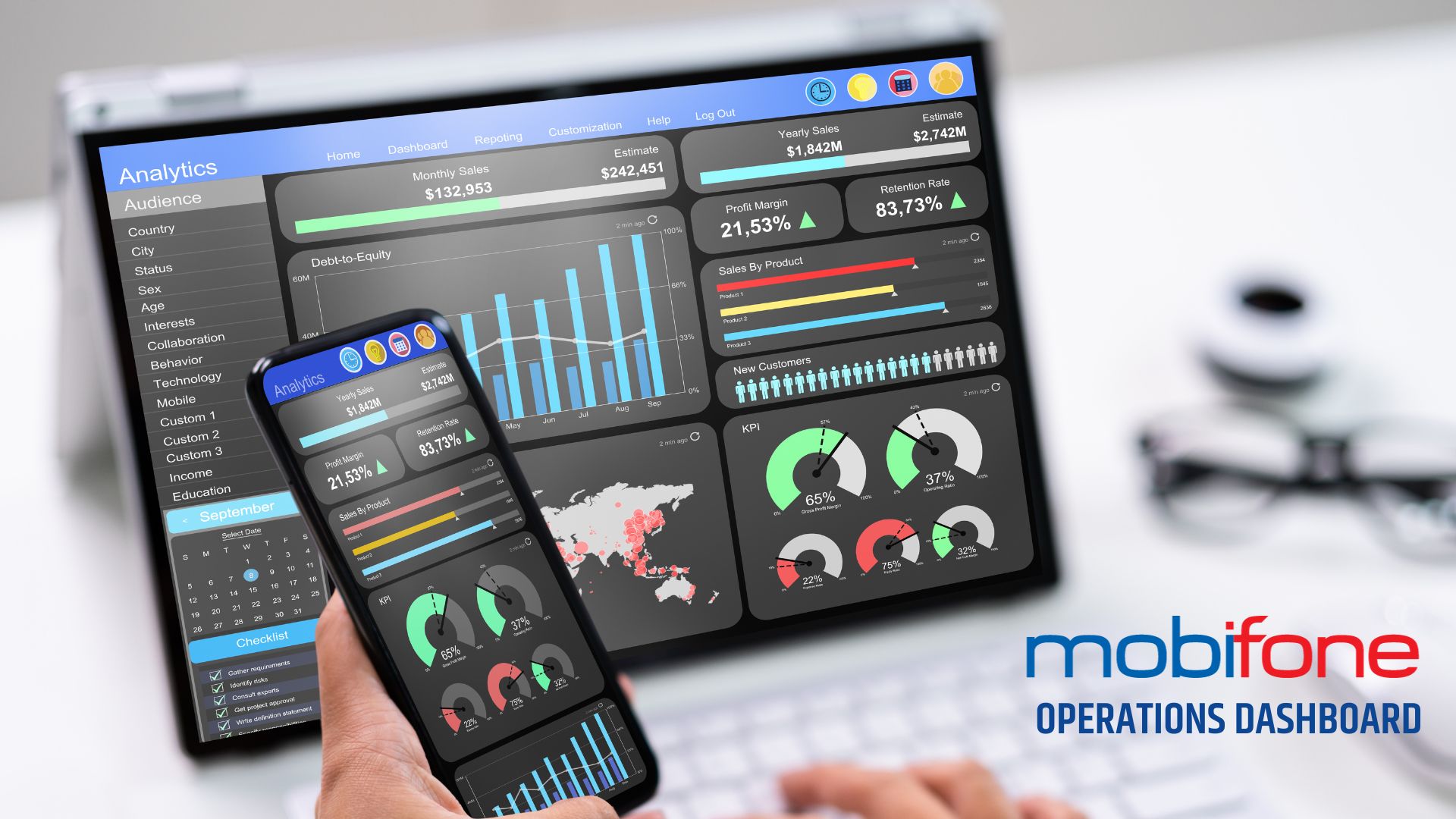ISO 9001:2015 – Critical Considerations for Selecting Software Development Partners
ISO 9001:2015 stands as a globally acknowledged benchmark for quality management systems. Within the software development sector, the certification under ISO 9001:2015 is progressively gaining significance. This article elucidates the advantages associated with opting for a software vendor possessing ISO 9001:2015 certification.
1. What is ISO 9001:2015?
ISO 9001:2015 is a standard formulated by the International Organization for Standardization (ISO) to delineate the requisites for an effective quality management system. Originating in 1987, the standard has undergone multiple revisions, with the latest iteration released on September 9, 2015.
Organizations meeting the stipulations of ISO 9001:2015 are conferred with certification after an audit of their quality management system by a certification body.

For software development enterprises, ISO 9001:2015 certification yields numerous advantages,
affirming the existence of a well-defined quality management system, thereby enhancing the quality of software products and services. It further underscores the organization’s dedication to quality and customer contentment.
2. ISO 9001:2015 Requirements
ISO delineates an array of requirements for a quality management system, organized into 10 sections:
- Scope
- Normative references
- Terms and definitions
- Background of the organization
- Leadership
- Planning
- Support
- Activity
- Performance evaluation
- Innovation
Key prerequisites for ISO 9001:2015 certification encompass
- the establishment of quality policies and objectives,
- regular internal audits,
- monitoring of customer satisfaction,
- and continual improvement of the quality management system.

Software development entities can fulfill these requirements through the implementation of a tailored quality management system,
involving the development of policies and procedures, employee training, and regular system reviews.
3. ISO 9001:2015 Certification Process
The ISO 9001:2015 certification process involves sequential stages:
- Vulnerability analysis: Identifying areas where the quality management system falls short of ISO 9001:2015 requirements.
- Implementation: Adapting the quality management system to meet ISO 9001:2015 standards.
- Internal audit: Ensuring the internal quality management system aligns with ISO 9001:2015 requirements.
- Certification audit: External validation of the quality management system.
- Certification: Conferred upon meeting ISO 9001:2015 requirements.
Software development companies can prepare for ISO 9001:2015 certification by conducting a gap analysis, formulating policies and procedures, and conducting regular internal audits.
4. Benefits of ISO 9001:2015 Certification
ISO 9001:2015 certification furnishes software development companies with multiple advantages:
- Enhancement of Product Quality and Management through ISO 9001:2015
The certification under ISO 9001:2015 introduces a methodical approach to quality management, steering organizations towards consistent, dependable, and customer-centric methodologies in software development.
- Enhancement of Customer Satisfaction
ISO 9001:2015 standards prompt organizations to concentrate on a comprehensive understanding of customer needs and requirements. This involves integrating customer feedback and addressing their concerns, ensuring the delivery of products that genuinely align with customer expectations.

- Risk Management and Mitigation
Organizations engage in the identification of potential risks and implement measures to mitigate them. This proactive approach enables software companies to diminish the likelihood of project delays, cost overruns, and software errors.
- Regulatory Compliance
ISO 9001:2015 certification serves as a facilitator for companies in developing software that adheres to regulatory requirements at a reduced cost. Compliance with regulations fosters customer confidence, affirming the safety and reliability of software products.
- Process Standardization
ISO 9001:2015 actively advocates for the standardization of processes across all stages of software development. Standardization contributes to consistency, error reduction, and an overall improvement in efficiency.
In conclusion, ISO 9001:2015 certification plays a pivotal role in assisting software development companies in refining processes, enhancing customer satisfaction, and ensuring regulatory compliance. dhering to ISO 9001:2015 software development standards enables organizations to establish a robust foundation for the production of stable, high-quality software products, thereby minimizing risks and improving overall efficiency. In addition to ISO 9001:2015, two other crucial certifications to consider when selecting a software development partner are CMMI Level 3 and ISO 27001.
Evotek – ISO 9001:2015 Certified IT Partner
Evotek, based in Vietnam, stands as one of the IT partners holding ISO 9001:2015 certification. Rigorous adherence to information security protocols enables Evotek to safeguard information systems for a diverse clientele, including prominent banks, corporations, and companies.”






